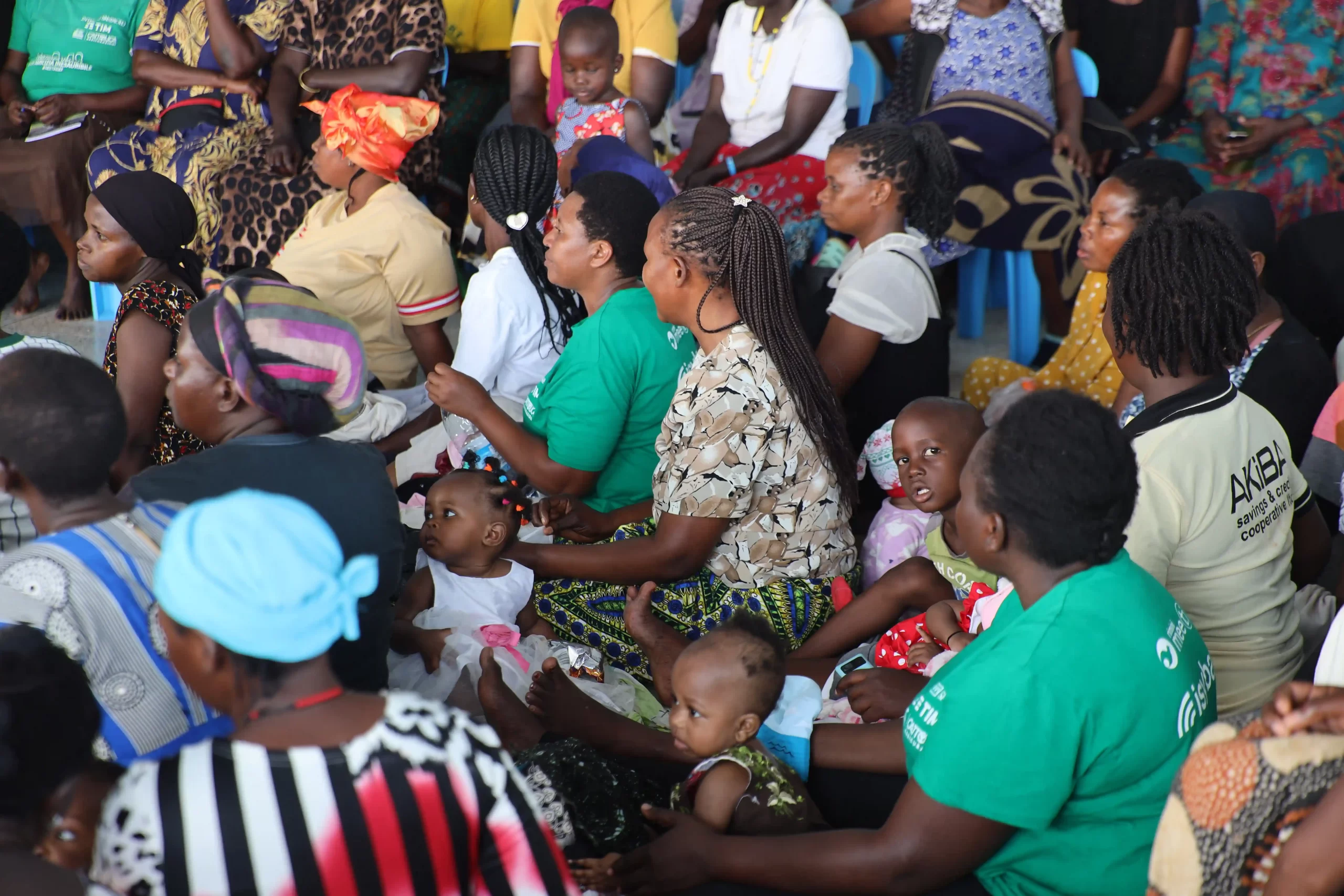Healthcare
MPI has been supporting over 2.300 beneficiaries through comprehensive medical, mental health, and physical well-being initiatives.

Antiretroviral Treatment
In the early days of Meeting Point International, ARV drugs were expensive, and in short supply. The awareness that the infinite value of every person is greater than any life hardship helped MPI to build a lasting methodology that goes far beyond physical support. That’s why people who are sick, poor, war victims, orphans, mental ill or aged, can find in MPI an everyday companionship. Today, MPI has been supporting more than 2300 patients, 240 of these are on ARV medications.

Medical Care
CLINICS
Within our two MPI centers, located in Kireka and Naguru, nurses visit patients up to four times a week to provide ongoing medical care and support.
REFERRALS
Patients who require specialized treatment are referred to selected hospitals. The MPI staff accompany them to ensure smooth access to the appropriate medical services. We maintain strong partnerships with Nsambya Hospital and St. Benedict Hospital to guarantee quality and continuous care.

Home Visits
Our social workers personally know each of our beneficiaries. They regularly visit their homes, assess living conditions and health, and provide ongoing support to the entire family — from mothers to children.
Whenever possible, sick people are assisted at home. The support is not only medical or material but also emotional and social, aiming to rebuild the patient’s self-esteem and reintegrate them as an active and valued member of their family and community.

Food and nutrition Training
Nutrition dialogues and training with mothers on how to feed infants, care for the sick and malnourished children, the importance of a balanced diet, and hold demonstrations on how to prepare some of the foods. Through this, they are able to decrease the burden of food borne diseases, fight against malnutrition and related diseases common in infants and children. This program is vital for our HIV/AIDS patients as it boosts immunity through proper nutrition to complement their antiretroviral treatment.

Re-creational Activities
Music, dance, and drama act as a kind of medicine, nurturing psychosocial well-being and strengthening relationships among participants.
As unique expressions of culture and tradition, they help individuals rediscover their identity and sense of belonging.
Other activities — such as outings and encounters with inspiring testimonies — further cultivate the desire for beauty and truth that naturally emerges when people regain awareness of the value of their own lives.

Health and Hygiene trainings
Courses in Health Education and Hygiene are regularly held in the slums, with the purpose of promoting awareness of the value and dignity of life through personal care and respect for the environment.
The sessions cover practical topics, followed by demonstrations, such as personal hygiene, keeping living spaces clean, and the importance of taking prescribed medicines on time. These simple yet essential practices help improve health conditions and foster a greater sense of responsibility and self-worth within the community.
Get In Touch
- P.O.Box 21261 Mutungo – Kitintale
- info@meetingpoint-int.org
